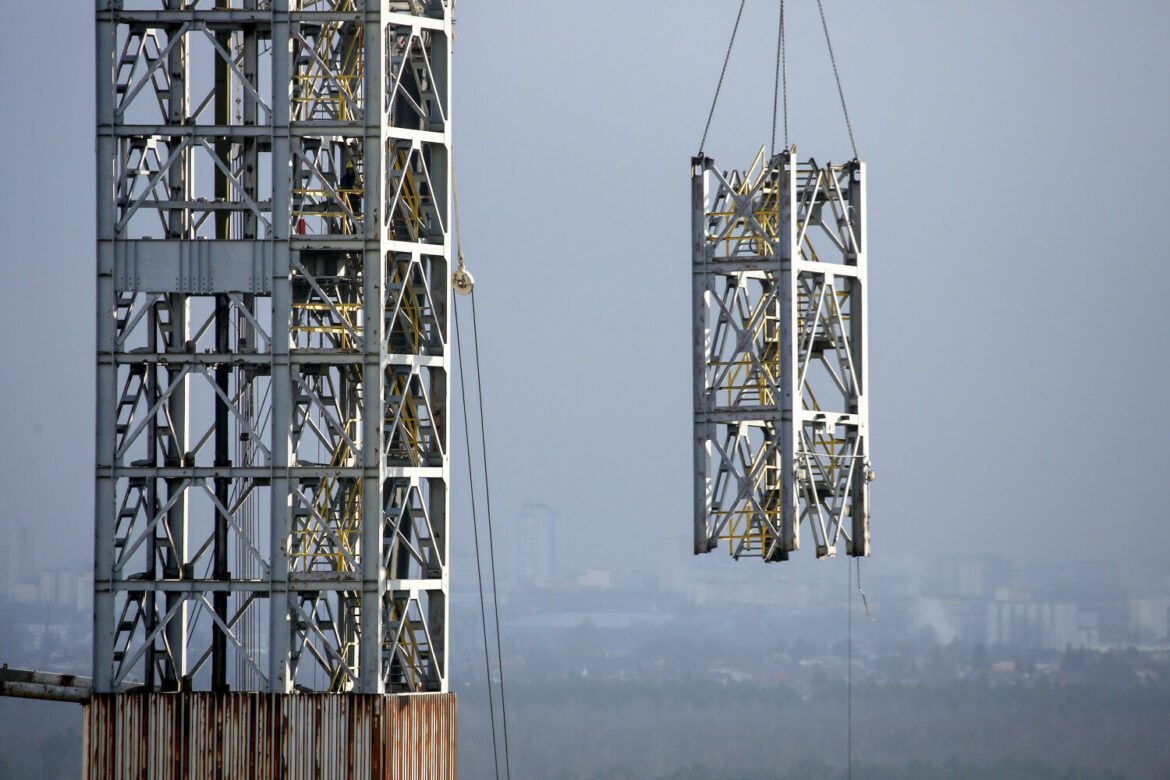S&P Global announced that the PMI Purchasing Managers’ Index of the Polish industrial sector fell to 52.4 points in April this year from 52.7 points a month ago. The indicator showed the slowest pace of expansion since the beginning of 2021.
S&P Global PMI Polish Industrial Sector, a complex index reflecting the condition of the industry, is calculated on the basis of five sub-indices: new orders, production, employment, delivery time and inventories of purchased items. It remained above the neutral threshold of 50 for the twenty-second consecutive month in April. However, it fell from the March level of 52.7 to 52.4, signalling the slowest pace of expansion since the beginning of 2021.
The value of the index exceeding 50 points means an increase in industrial activity, and below this threshold – is a decrease in the activity.
S&P Global points out that supply problems are still visible and inflationary pressure is rising; order portfolios were particularly hard hit, for the second consecutive month. Forecasts for future production were still very weak compared to long-term research and companies continued to increase inventories to counterbalance the risks of shortages and continued price increases.
The prices of most means of production have risen – especially raw materials, metals and fuels. Once again, the producers, having no choice, raised their own rates. As a result, the prices of finished goods rose for the twentieth month in a row, breaking a new record.
“According to the latest PMI data, many problems faced by the Polish industry in March also affected it in April. Supply chain disruptions, rapid price increases and increasing uncertainty over the war in Ukraine continued to affect the sector, although there were signs of some stabilization: forecasts were still not very optimistic but improved slightly since March, production increased slightly and employment continued to increase”, wrote S&P Global economist Paul Smith.
According to him, the demand again turned out to be insufficient, both in Poland and among the key export partners in the EU, which can be seen in the decline in orders. The development of the sector is also limited by shortages of raw materials, and disruptions in the supply chain still keep producers anxious.
“As cost inflation is not slowing down, firms continue to raise their prices to record levels. But they also influence supply and inflationary pressures by trying to mitigate risk through stockpiling, Smith said.
Arkadiusz Słomczyński order





